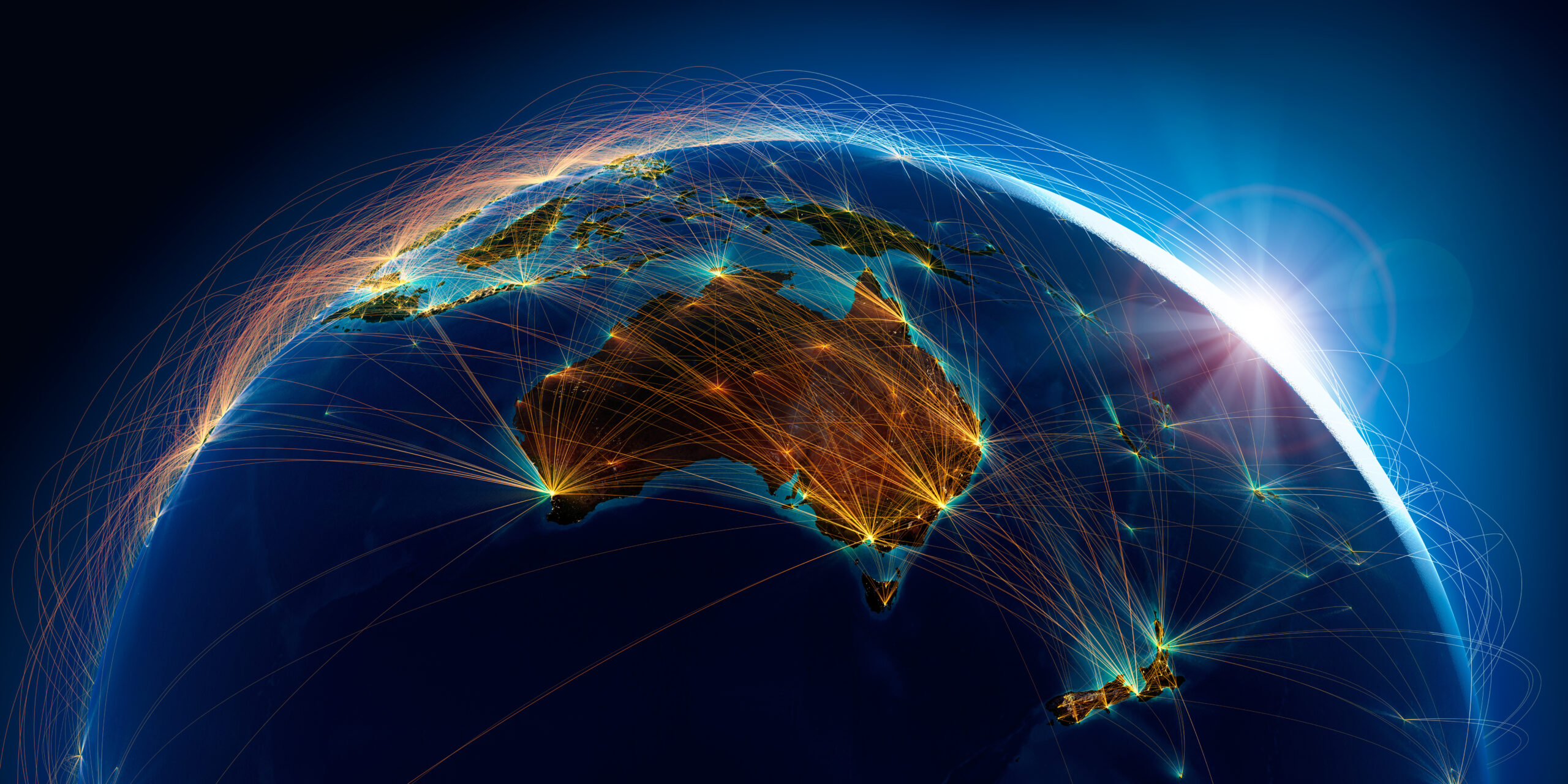

The selection committee for the Australian International Political Economy Network (AIPEN) Richard Higgott Journal Article Prize is pleased to announce the shortlist for the 2023 prize, as voted on by AIPEN members.
The prize will be awarded to the best article published in 2022 (online early or in print) in international political economy (IPE) by an Australia-based scholar.
The prize defines IPE in a pluralist sense to include the political economy of security, geography, literature, sociology, anthropology, post-coloniality, gender, finance, trade, regional studies, development and economic theory, in ways that can span concerns for in/security, poverty, inequality, sustainability, exploitation, deprivation and discrimination.
The overall prize winner will be decided from the shortlist by the selection committee, which this year consists of Maria Tanyag (ANU), Elizabeth Thurbon (UNSW), Kanishka Jayasuriya (Murdoch) and Tom Chodor (Monash). The winner will be announced by December 2023.
The 2023 shortlist for The Australian International Political Economy Network (AIPEN) Richard Higgott Journal Article Prize is as follows:
- Sirma Altun, Christian Caiconte, Madelaine Moore, Adam David Morton, Matthew Ryan, Riki Scanlan, and Austin Hayden Smidt, “The life-nerve of the dialectic: György Lukács and the metabolism of space and nature,” Review of International Political Economy, 30:2 (2023): 584-607 [Published online: 7 April 2022].
- Ainsley Elbra, John Mikler & Hannah Murphy-Gregory, “The Big Four and corporate tax governance: From global dis-harmony to national regulatory incrementalism,” Global Policy 14:1 (2023): 72– 83 [First published: 10 October 2022].
- Elliot Dolan-Evans, “Making war safe for capitalism: The World Bank and its evolving interventions in conflict,” Security Dialogue 53:6 (2022): 531–549.
- Jessica Whyte, “Economic Coercion and Financial War,” Journal of Australian Political Economy, 90 (2022): 5-25.
Past Awardees
2022 Lee Jones and Shahar Hameiri, ‘COVID-19 and the failure of the neoliberal regulatory state,’ Review of International Political Economy 29:4 (2022).
2021 Melissa Johnston, ‘Frontier finance: the role of microfinance in debt and violence in post-conflict Timor-Leste,’ Review of International Political Economy 27:6 (2020).
2020 Claire Parfitt, ‘ESG Integration Treats Ethics as Risk, but Whose Ethics and Whose Risk? Responsible Investment in the Context of Precarity and Risk-Shifting,’ Critical Sociology 46:4-5 (2020) [published OnlineFirst: 30 September 2019].
2019 Linda Weiss and Elizabeth Thurbon, “Power Paradox: How the Extension of US Infrastructural Power Abroad Diminishes State Capacity at Home,” Review of International Political Economy 25:6 (2018).
2018 Maria Tanyag, ‘Invisible Labor, Invisible Bodies: How the Global Political Economy Affects Reproductive Freedom in the Philippines’, International Feminist Journal of Politics, 19:1 (2017).
2017 Samanthi J. Gunawardana, ‘“To Finish, We Must Finish”: Everyday Practices of Depletion in Sri Lankan Export-Processing Zones,” Globalizations, 13:6 (2016).
2016 Gareth Bryant, Siddhartha Dabhi and Steffen Böhm, ‘“Fixing” the Climate Crisis: Capital, States and Carbon Offsetting in India’, Environment and Planning A, 47:10 (2015).
2015 Ainsley Elbra, ‘Interests Need Not be Pursued If They Can be Created: Private Governance in African Gold Mining’, Business and Politics, 16:2 (2014).










